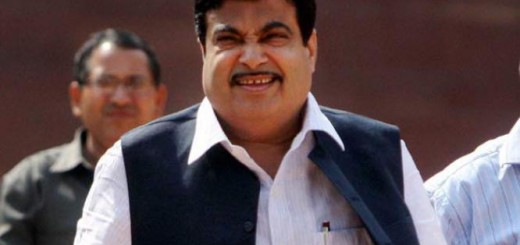Govt. empowers infrastructure ministries to ink PPP projects
Close on the heels of the imminent abolition of the FIPB to ease procedures, the government will announce steps to increase the powers of administrative ministries for speedy appraisal of PPP projects.

Close on the heels of the imminent abolition of the Foreign Investment Promotion Board (FIPB) to ease procedures, the government will announce steps to increase the powers of administrative ministries for speedy appraisal of (public-private partnership) PPP projects. The move will entail cutting powers of PPP Appraisal Committee (PPP-AC), an inter-ministerial body. In a recent meeting at the Cabinet secretariat to deliberate on declining number of PPP projects in the country, it was agreed that more powers would be delegated to administrative ministries like road & transport, shipping and urban development for appraisal and approval of projects, officials said. For example, the road & transport ministry may be allowed to take the final call on projects up to Rs 2,000 crore from Rs 1,000 crore now. Projects of higher value goes to the PPP-AC.

“It has also been agreed in the inter-ministerial meeting that powers to appraise PPP projects which does not need viability gap funding from the Centre as well as non-public funded projects also be transferred to the domain of administrative ministries,” the official cited above said.
PPP-AC appraises projects, including non-public funded ones, to see if guidelines on model contract, risk mitigation and revenue model are met.
After surging in 2009-10, when PPP-AC approved 53 infrastructure projects worth Rs 57,855 crore, the number of projects continues to decline over the years and it was a mere 9 worth Rs 12,401 crore in 2016-17. The decline can be attributed to various factors, including over-leveraged balance sheets of the developers, land acquisition problems and lack of proper dispute resolution mechanism.
In fact, the highway sector, which was the major draw for PPP projects, had witnessed a steep decline in PPP participation in 2012-13 and 2013-14 with many viable projects unable to attract even a single bid. The government took cognizance of all the reasons for this decline, and developed a new model, ie, hybrid annuity model for implementation of highway projects. Of late, most of the highway projects have been on EPC (engineering, procurement and construction) model funded by the government.
The renewed focus on PPP projects assumes importance against the backdrop of massive investment required in India’s ambitious road, port and urban development projects. The government has estimated an investment requirement of Rs 5 lakh crore in roads sector and Rs 8 lakh crore for port-led industrial clusters in the next five years.
The PPP-AC is chaired by the economic affairs secretary with secretaries of expenditure, legal affairs, NITI Aayog and the sponsoring ministry/department, in attendance.
Source: https://goo.gl/6YfXlG




Recent Comments